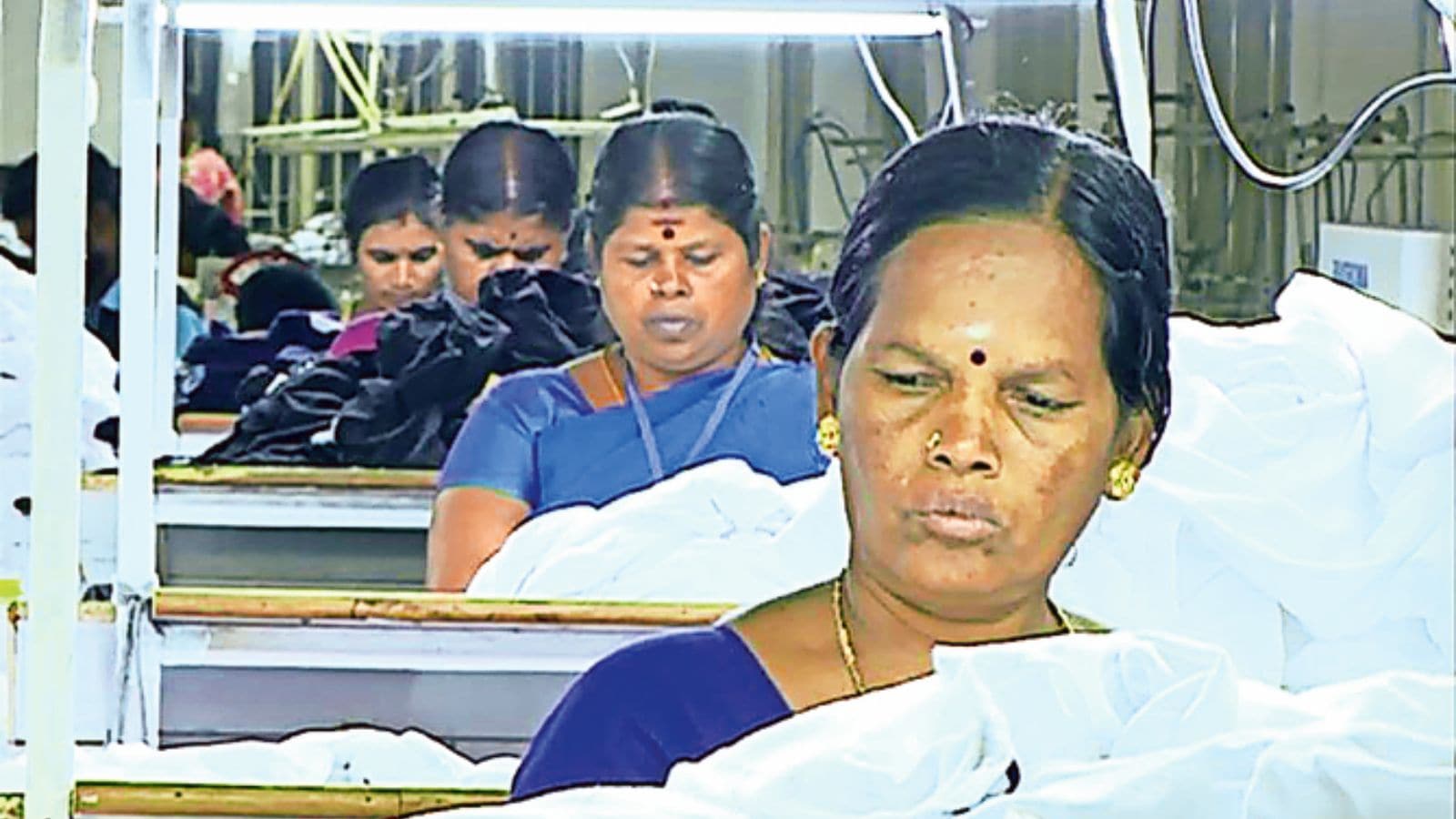Generation Z’s Political Fracture: A Digital Roulette with America’s Future
Hello everyone. Let’s talk about the grand dystopian experiment unfolding right before our eyes: handing over the political future of the United States to a generation that treats civic engagement the same way they treat streaming-something to consume passively between cat videos and mukbangs. Yes, I’m looking at you, Generation Z, the demographic that might accidentally shape the nation’s political destiny because an algorithm decided to throw them a clip about Congress sandwiched between dance trends.

The Scrollocracy
So here’s the delightful dichotomy: Gen Z is split into two tribes – the “active” consumers of news, who actually seek out political information, fact-check, and vote, and the “passive” ones, who absorb news incidentally while doomscrolling TikTok, YouTube, or Snapchat. It’s like a video game where half the players grind, upgrade their gear, and strategize, while the other half just log in occasionally to spin the loot wheel… and bizarrely still get counted in the leaderboard of democracy.
According to research, 58% of Gen Z doesn’t consciously decide to stay informed-they just stumble on information, the way you might stumble upon a chest in a dungeon without even knowing what you’re doing there. This “news acquisition by accident” phenomenon is apparently the cornerstone of modern electoral behavior. Fantastic. We’ve replaced the town hall meeting with the YouTube autoplay algorithm.
The Political Boss Fight: Democrats vs. Apathy
The Democratic Party’s target audience is usually older, consistent voters-people who still think fact-checking means reading more than one source. But wooing Gen Z? That’s the final boss they can’t seem to beat. They perform terribly at keeping these disengaged voters on board for presidential elections. Meanwhile, those born after 2000 increasingly feel a kinship to Republican values, which apparently is sending old expectations about “youth = Democrat” straight to the recycle bin.
It’s a major strategic headache: more Millennials and Gen Zers will make up the bulk of the voting population by 2026 and 2028. And unless the system magically turns passive TikTok scrollers into dedicated ballot-casters, the electoral meta is going to be uncomfortably unpredictable. Think of it like an MMO where the devs keep adding expansion packs without fixing the broken mechanics-it’s more chaos by the patch.
Education, Algorithms, and the Conspiracy of Laziness
The data suggests education plays a huge role in this divide. Young graduates? More likely to be active readers of news and to verify facts. Non-graduates? Largely political pacifists, outsourcing fact-checking to AI summaries and influencer hot takes. It’s almost poetic, in that tragic “patient refuses life-saving medication because TikTok says essential oils work” sort of way. As a doctor, I can’t help but recognize the symptoms here: acute engagement deficiency compounded by social media overexposure.
And in a predictably ironic twist, the so-called “passive” bloc isn’t entirely powerless. In fact, they’ve already demonstrated electoral influence through collective swings on key issues (or by simply deciding en masse not to show up at all). By 2028, if they choose to wield that chaotic neutral energy, they could substantially shift the political axis. Sort of like that one guild in a PvP game-doesn’t participate consistently, but when they do, the entire server flips upside down.

The Bottom Line
What’s truly maddening here isn’t that young voters use modern platforms to get information-that should be fine in theory-but that we’ve blurred the line between active participation and accidental exposure. We wouldn’t hand the keys to a nuclear submarine to someone who “kinda knows how it works” because they saw a YouTube explainer, but when it comes to the democratic process, sure, let the algorithm sort it out.
The danger isn’t that Gen Z is lazy-it’s that their political identity is being shaped by curated randomness instead of consistent engagement. And unless politicians figure out how to meaningfully connect with both active and passive voters without turning it into a gimmick, we’re essentially playing a national round of Russian Roulette… while blindfolded… with the safety off.
Verdict: The situation is highly concerning, bizarrely entertaining, and politically volatile. Welcome to the endgame of algorithm-driven politics.
And that, ladies and gentlemen, is entirely my opinion.
Article source: Aux États-Unis, la fracture de la génération Z pourrait façonner l’avenir politique, https://www.slate.fr/monde/etats-unis-fracture-generation-z-jeunesse-decider-prochaine-election-presidentielle



